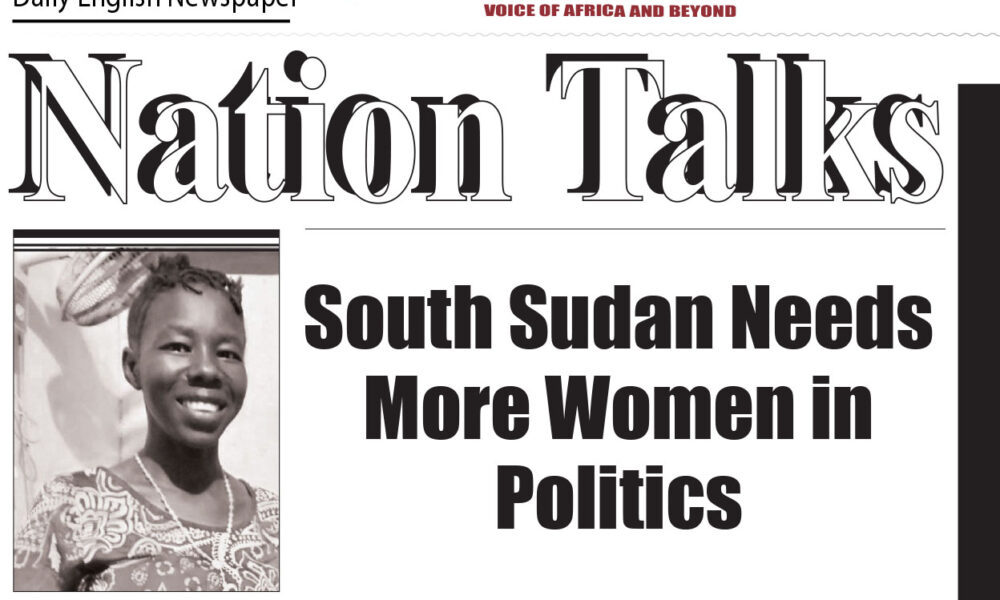Women’s participation in politics is essential for the advancement of democratic societies.
When women assume political leadership roles, they bring diverse viewpoints and experiences to the table, resulting in more informed decision-making. Women’s political engagement leads to more inclusive policies, policies that address the needs of the entire population and promote gender equality in all sectors of society.
Appointing women to key positions in public offices yields numerous benefits for the country. Women, being the backbone of families and societies, provide care, support, and nurturing to their families, contributing to the well-being and development of the younger generation. Their involvement in politics plays a significant role in community building. By actively participating in democratic processes, women can contribute to reducing insecurity and preventing atrocities from occurring, as they are often regarded as the mothers of the nation.
However, they continue to face numerous challenges that hinder their full participation. Gender discrimination remains a serious issue that affects women in various aspects of their lives, including the workplace, politics, and social situations. Such discrimination can result in unequal opportunities and limited access to resources for women in the community.
Violence against women is another barrier to their empowerment and development. Women experience various forms of violence, such as domestic violence, sexual harassment, and rape, which have long-term physical and psychological effects. Access to education is also challenging for women, particularly in contexts where opportunities are predominantly given to men. The prolonged war since the early 1980s in southern Sudan has further hindered women’s ability to fully contribute to the community.
In light of these challenges, the government of South Sudan and international communities must continue empowering women’s leadership and promoting gender equality. Efforts should focus on creating a just society where women have equal opportunities to participate in politics and other sectors of development. It is important to invest in educating the younger generation, including young women, as they are the future leaders of South Sudan. Encouraging educated young women to join politics, especially with elections approaching, will enable them to occupy the 30% positions allocated to them. Women should fight for their rights and ensure that these positions are not filled solely by men.
Presently, the number of women in politics in South Sudan remains limited, partly due to the high illiteracy rates. The ongoing power struggles and the prevalence of early marriages have further impacted women’s ability to participate in various sectors of development.
It is important not to limit educated women to low-level jobs but instead provide them with opportunities to hold key positions such as directors in central banks, finance, and other important roles.
God Bless South Sudan
Be right back




